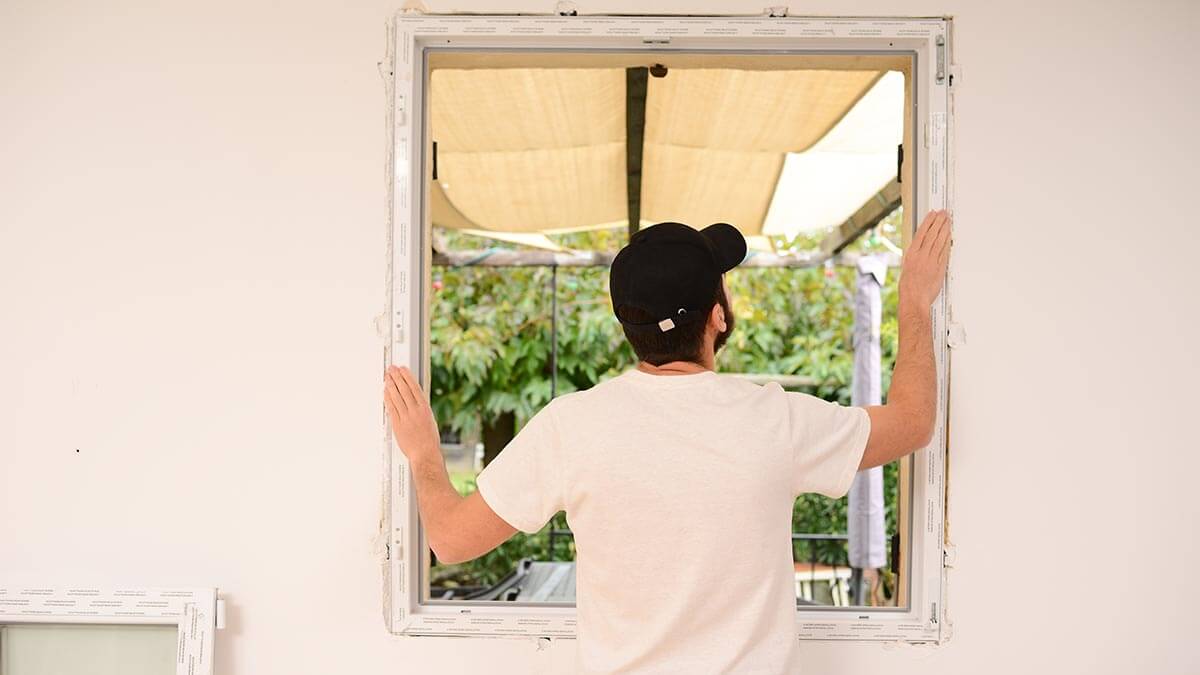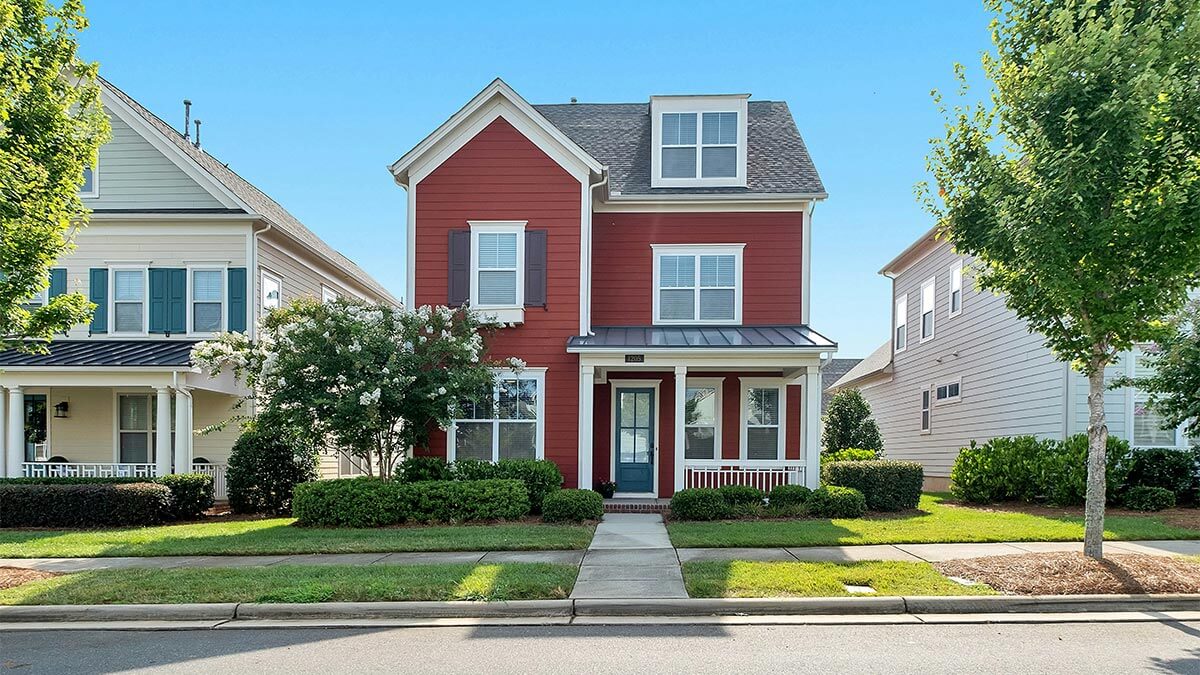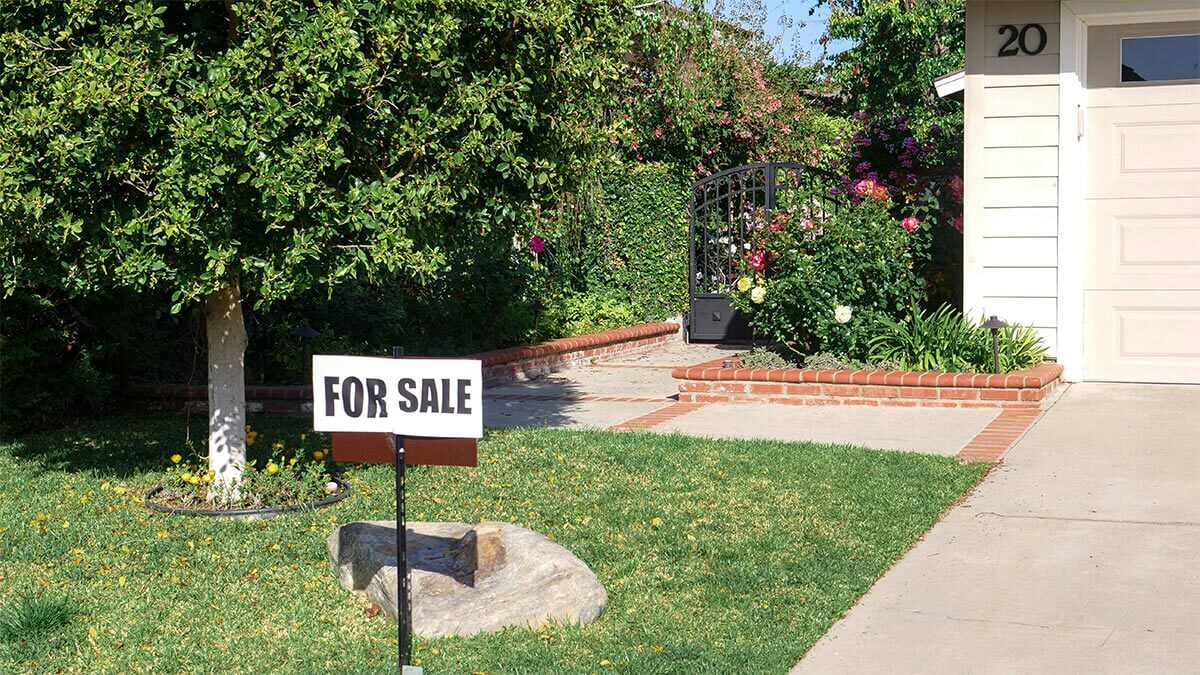If your house needs work but your wallet says no, you’re not alone. Plenty of folks find themselves stuck between major repairs and no clear way to pay for them. Whether it’s a leaky roof, busted A/C, or a kitchen that’s falling apart, it can feel overwhelming, especially if money’s tight.
But here’s the good news: you’ve got options. From grants and loans to smart financing tricks and even selling as-is, there are real ways to handle home repairs without draining your savings. We’re going to break down what actually works, and what to skip.
And if you’re thinking, “This is too much, I’d rather just sell and move on,” iBuyer.com can help with that too. Get a fair cash offer backed by real data, skip the showings, and pick your close date. No repairs needed.
Let’s walk through how to renovate your house with no money, and make the smartest move for your situation.
Instant Valuation, Confidential Dealswith a Certified iBuyer.com Specialist.
Sell Smart, Sell Fast, Get Sold. No Obligations.
Know What You’re Working With: Prioritize Essential Home Repairs
When money’s tight, fixing everything at once just isn’t realistic. That’s why your first step is figuring out what absolutely has to get done. Focus on anything that affects your safety or the home’s structure, like a leaking roof, bad wiring, or a busted heater.
Walk through your place with a notebook or your phone’s camera. Make a list of what’s broken, then rank it by urgency. Don’t get caught up in cosmetic stuff like paint or cabinets. That can wait.
If you’re not sure what’s critical, see if your city offers free or low-cost home inspections. Some nonprofit groups do this too. They’ll help you understand what’s truly urgent, so you can spend what little you’ve got in the smartest way possible.
Government Help: Grants, Loans, and Free Home Improvement Programs
If you’re low on cash, there are government programs that can help fix your home, some you pay back, and some you don’t. Here’s a breakdown of the main options:
- Grants: These are free. You don’t have to repay them. They’re usually for low-income homeowners or seniors. Check with your local housing authority or nonprofit groups, they sometimes have small grants for emergency repairs like broken heaters or leaky roofs.
- Low-Interest Loans: These come from federal or local programs and must be paid back, but the interest rates are usually better than a bank. HUD’s Title 1 loan and the USDA’s home repair loan are two popular options. They’re good for repairs like fixing plumbing or upgrading old wiring.
- FHA 203(k) Loans: This is a special type of mortgage that lets you roll in the cost of repairs when you buy or refinance a home. It’s not free money, but it can help if you’re already planning to take out a loan.
- State and Local Programs: Some cities and counties run their own home improvement aid programs. These can include both grants and loans and often focus on things like energy efficiency, accessibility, or health and safety fixes.
- Senior and Disability Assistance: If you’re over a certain age or have a disability, you might qualify for extra help. Look into programs from the Department of Aging or local nonprofits.
These programs aren’t always quick, and there’s usually paperwork involved. But if you qualify, they can take a big weight off your shoulders.
Explore Low-Cost Financing Options That Work for Small Budgets
If grants aren’t available or don’t cover everything, low-cost financing might be your next best bet. These options aren’t free, but they can make repairs more doable without drowning in debt.
- Home Equity Loan: This is a lump sum loan based on your home’s value. It usually has a fixed interest rate, which makes it easier to budget. Good if you need all the money upfront.
- HELOC (Home Equity Line of Credit): Think of this like a credit card tied to your home’s value. You borrow only what you need, when you need it. It’s flexible, but rates can change over time.
- Cash-Out Refinance: You replace your current mortgage with a new one for more money, then use the extra cash for repairs. This can lower your interest rate, but closing costs apply.
- Zero-Percent or Low-Interest Credit Cards: Some cards offer 0% interest for the first 12–18 months. If you can pay off the balance before the promo ends, this can be a smart, short-term fix.
All of these come with risk, especially if your income is unstable. Make sure to read the fine print, check the interest rates, and be realistic about how long it’ll take to pay things back.
Creative Ways to Fund Repairs Without Touching Your Savings
When loans aren’t an option and savings are off the table, it’s time to get creative. These outside-the-box ideas can help you pull together cash or support without taking on major debt.
- Borrow from Friends or Family: It’s not always easy to ask, but a small loan or gift from someone you trust might be enough to get started, especially for urgent fixes.
- Partner With an Investor: Some investors will front repair costs in exchange for a share of the profit when you sell. It’s not common, but worth exploring if your home has value to unlock.
- Crowdfunding: Platforms like GoFundMe have helped homeowners raise money for repairs, especially after natural disasters or health issues. It’s not guaranteed, but you never know who’s willing to help.
- Sell Unused Items: Furniture, tools, old electronics, if it’s just collecting dust, it could be cash. A weekend garage sale or a few listings online might surprise you.
- Check With Local Nonprofits or Churches: Some offer volunteer labor or materials for home repairs, especially for seniors or low-income families. It varies by location, but can be a big help.
These methods might not cover everything, but they can be a bridge, helping you get started without digging a financial hole.
When It’s Smarter to Sell Than Remodel
Sometimes the smartest move isn’t fixing the house, it’s moving on. If the repairs are too expensive, or the stress is taking over, selling might actually be your best option.
Here’s how to know:
- The cost of repairs is more than what your home is worth fixed up.
- You’re dealing with major issues like foundation damage or old plumbing.
- You don’t have the time or energy to manage a renovation.
This is where iBuyer.com can help. We make fair, data-backed cash offers on homes just like yours. No need to fix a thing. No showings. You get to pick your closing date and skip the headaches. If your house needs work but you need out, this might be the cleanest way forward.
Sometimes letting go is the fix you didn’t know you needed.
Reilly’s Two Cents
I’ve worked with a lot of homeowners who felt completely stuck, like their house was falling apart but fixing it just wasn’t in the budget. I get it. It’s frustrating, even heartbreaking. And it’s easy to feel embarrassed or overwhelmed, especially when you’re trying to make the best decision for your family. But here’s the truth: you’re not alone, and you’ve got options.
Here are a few things I always tell people in this spot:
- Get a second opinion. One contractor’s quote isn’t gospel. Prices can vary a lot, and sometimes there’s a cheaper fix that still gets the job done.
- Don’t ignore local resources. I’ve seen people find real help from their city or local charities, things like emergency repairs or free handyman programs. It’s worth making a few calls.
- Think about your peace of mind. If repairs are going to drain you financially or emotionally, it’s okay to let go. Selling a home that needs work isn’t giving up, it’s choosing what’s right for your future.
You don’t have to do everything at once. Pick the move that gives you the most breathing room and go from there.
Ways To Tackle Problems
If your home needs repairs and money’s tight, don’t assume you’re out of luck. From government aid to creative fixes, there are real ways to tackle problems without going broke.
Start small. Focus on safety. Look into grants or low-cost loans. Ask for help. And if it still feels like too much, there’s no shame in walking away. Selling your home as-is might be the reset button you need, and iBuyer.com is here to make that as easy as possible.
Whatever path you choose, just know this: you’ve got choices, and better days are ahead.
Compare Cash Offers from Top Home Buyers.Delivered by Your Local iBuyer Certified Specialist.
One Expert, Multiple Offers, No Obligation.
Frequently Asked Questions
That depends on your credit and income. HUD’s Title 1 loan and local government programs are usually the most accessible for lower-income homeowners.
Yes. There are federal, state, and local programs that offer grants or low-interest loans. Start with HUD, USDA, or your city’s housing department.
Yes. Many nonprofits and local governments offer senior-specific repair help. Check with your area’s Department of Aging or local church groups.
If repairs cost more than your home’s potential value, or you’re overwhelmed, it may be smarter to sell. A cash buyer like iBuyer.com can take the pressure off.
It’s a loan based on what your home will be worth after improvements. It’s harder to find, but it can help if you’re planning major upgrades and need more upfront.
Reilly Dzurick is a seasoned real estate agent at Get Land Florida, bringing over six years of industry experience to the vibrant Vero Beach market. She is known for her deep understanding of local real estate trends and her dedication to helping clients find their dream properties. Reilly’s journey in real estate is complemented by her academic background in Public Relations, Advertising, and Applied Communication from the University of North Florida.




